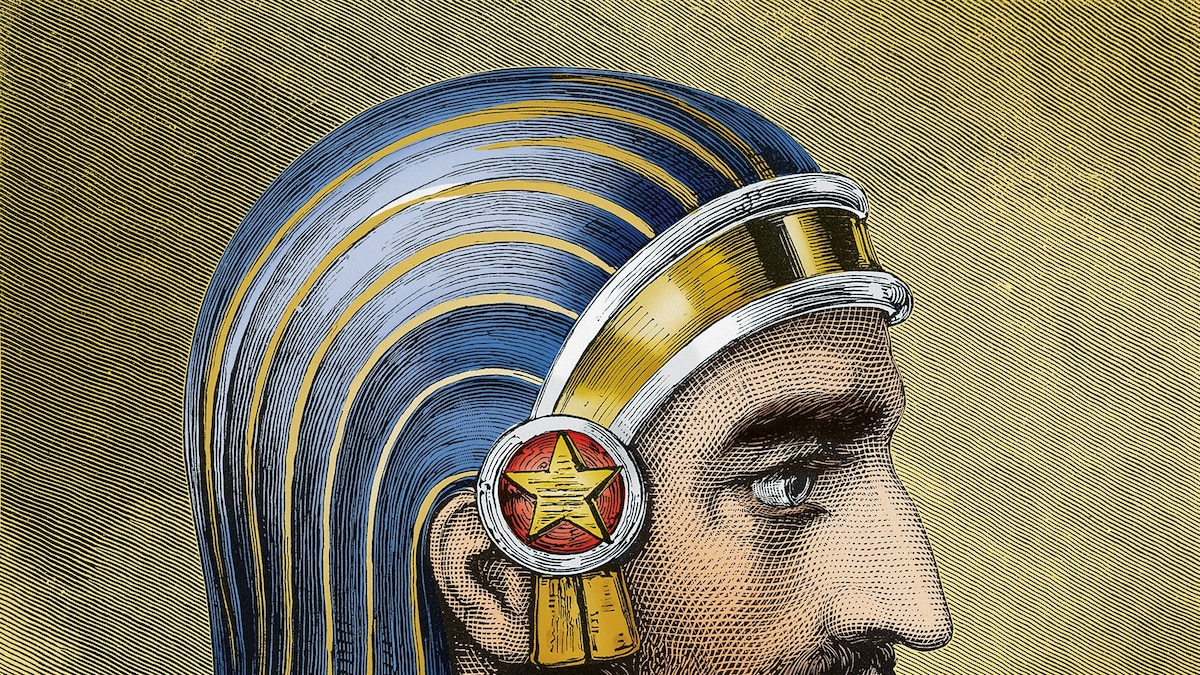Now Reading: Reassessing Cyrus the Great: Was He Truly a Tolerant Leader?
-
01
Reassessing Cyrus the Great: Was He Truly a Tolerant Leader?
Reassessing Cyrus the Great: Was He Truly a Tolerant Leader?

Speedy Summary
- The Achaemenid kings of Persia (6th-4th centuries B.C.) are mainly depicted in Greek sources as decadent and weak; though, Cyrus II (Cyrus the Great) is an exception.
- Cyrus the Great created and ruled over the largest empire of his time,spanning from Asia Minor to the Indus River Valley.
- He conquered Media, Lydia, Babylon, and other states through brilliant military strategy. His leadership was defined by tolerance toward peoples’ religion and culture.
- Greek historian Herodotus praised Cyrus’s benevolence and bravery but noted flaws such as irrational behavior that marked his later years. He narrated Cyrus’s death in battle against Queen Tomyris of the Massagetae.
- Xenophon romanticized Cyrus as a philosopher king in his Cyropaedia, portraying him as just, pious, brave, generous, and idealistic-a model monarch reflecting Athenian political ideals.
- However, other historians like Ctesias offered contrasting accounts portraying Cyrus’s origins as barbaric and criticized aspects of his rise to power.
- Isocrates questioned some of Cyrus’s actions during wars but admitted he was treated favorably compared to subsequent Persian rulers by Greek tradition.
!Image showing King granting freedom
Cyrus grants freedom to Jewish exiles held in Babylon in a 19th-century engraving.
Source: alamy/ACI
!Bust depicting Herodotus
Herodotus wrote about Cyrus extensively around 425 B.C.
Source: DEA/album
Indian Opinion Analysis
The story of Persian King Cyrus II highlights larger questions surrounding empire-building strategies that appeal even today.His dual qualities-military prowess combined with respect for diversity-showcase why empires thrive when leaders prioritize unity alongside governance rooted in cultural sensitivity. India too is home to diverse traditions within a unifying framework.
For scholars here interested in ancient perspectives on leadership or foreign narratives shaping thought processes about governance models globally-Cyrus stands out uniquely despite conflicting portrayals from Greek-centric records. India historically shared indirect connections with Persia via ancient trade routes like Silk Routes; examining figures like him may offer insight into dynamics broadly influencing governance systems suited for plural societies.Read More: Who Was King Cyprus?
























